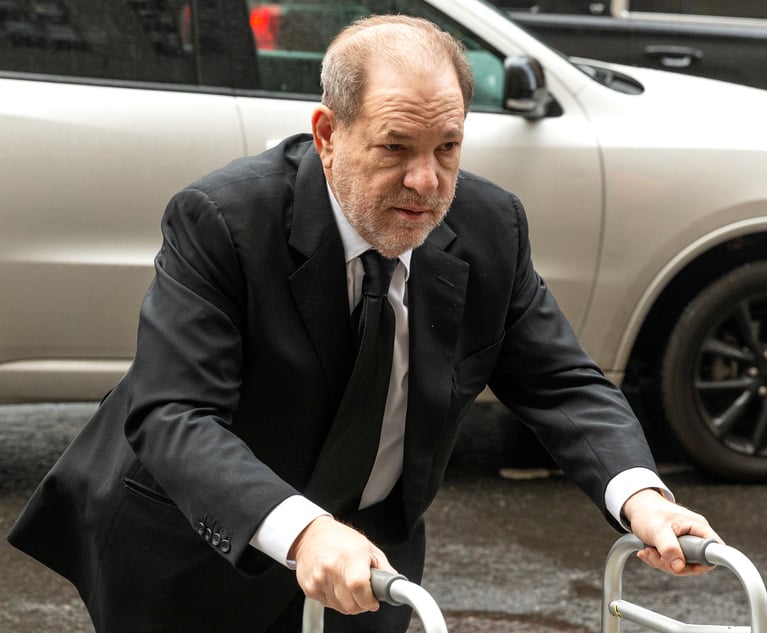It is difficult to imagine a stranger juxtaposition than the #MeToo movement and federal securities law. To be sure, the paramount goal of each is to right egregious, albeit different, wrongs, which may explain why they came together in Construction Laborers Pension Trust for Southern California v. CBS, ___ F. Supp. 2d ___ (S.D.N.Y. Jan. 15, 2020) (CBS), 2020 WL 248729. There, the plaintiffs purported material misrepresentations by the defendants with respect to potential claims of workplace abuse allegedly perpetrated by the corporation’s once-legendary CEO. This latest case provides a cogent exposition of the maxims of pleading securities fraud, specifically in the context of supposed misstatements with regard to corporate ethics; as such, is worthy of our attention.
As putative representative for a class of similarly situated shareholders, see generally Fed. R. Civ. P. 23 (class actions), the nominal plaintiff, a pension fund, alleged material misrepresentations and omissions by the defendants relating to the network’s former chairman and CEO, Leslie Moonves, an industry titan frequently lauded by CBS as an irreplaceable chief executive. The complaint averred that the media colossus and various of its top executives materially misrepresented in proxy statements and public filings the risk that Moonves might be forced out if his purported ethical lapses were brought to light.







